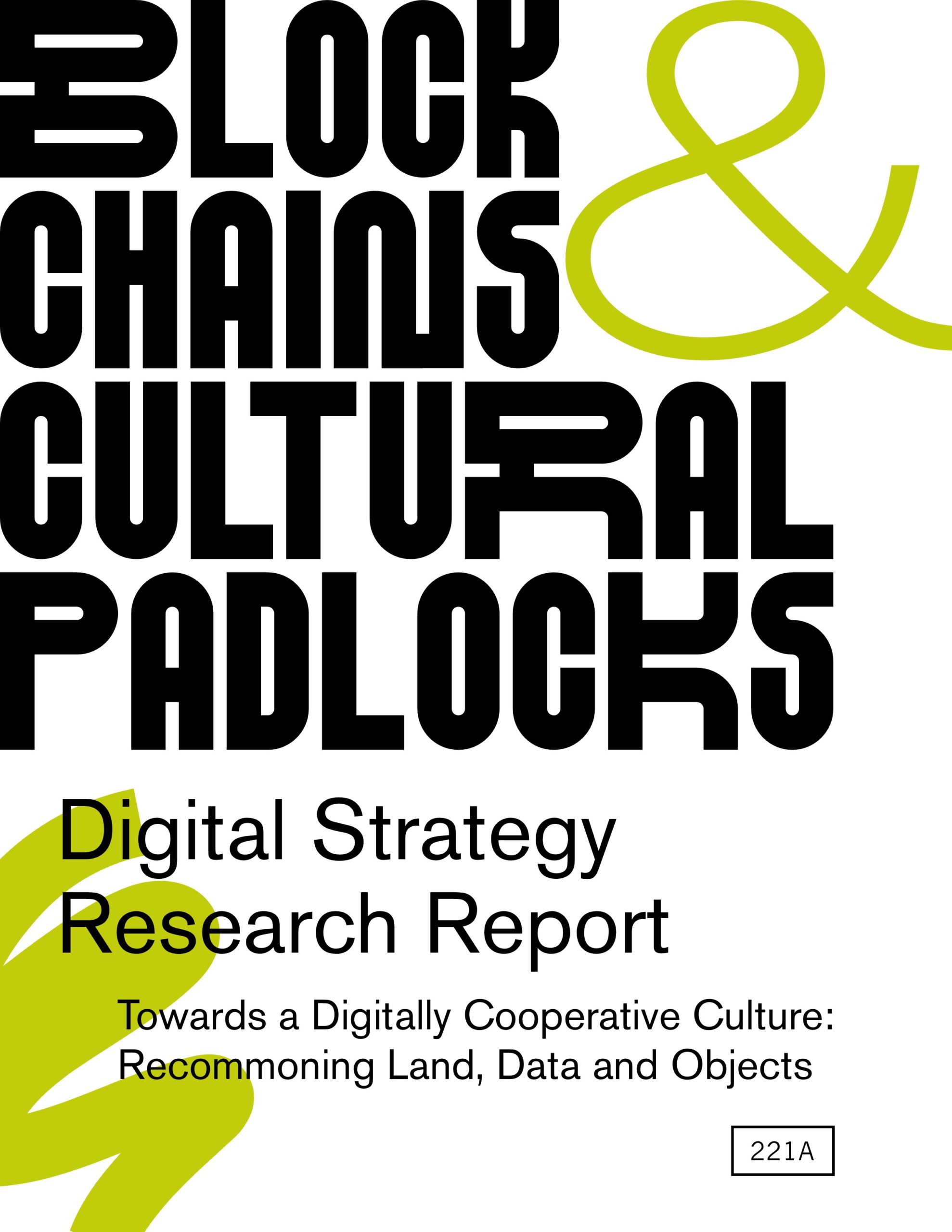Maksym Rokmaniko of DOMA, a Blockchains & Cultural Padlocks partner and current 221A Fellow, will address their platform’s potential to inspire a cooperative housing model at scale: people getting together to achieve a common goal and sharing the value that’s collectively generated. DOMA, envisions a smart commons where people can pool their resources to raise their collective power, while lowering the cost and barriers to membership for the services and products associated with home. Developed in anticipation of blockchain technology’s broader adoption, DOMA offers a flexible, secure and transparent model for the many to have their stake in the city.
The live stream welcomes Maral Sotoudehnia (University of Victoria), a critical geographer and researcher on the BACP initiative who authored the research paper “Encrypting Enclosures.” This comparative study looks at the emergence of applications for fractionalized real estate with blockchain technology, and how they confound dominant understandings of property and global real estate flows. Also joining the discussion is Andy Yan, Director of The City Program at Simon Fraser University, who consulted on the research process behind DOMA’s planning for the Lower Mainland. Yan will speak to his new research on the informal secondary market for rental housing, which is estimated to be over 50 percent of the rental market in the Metro Vancouver region. And, Ian Spangler, a Geographer and PhD candidate at the University of Kentucky, who is asking the question: how do new technologies for the management, transaction, surveyance and surveillance of real estate transform how we come to own the earth—and, perhaps more importantly, who gets to own it?
As a 221A Fellow, DOMA has been developing a closer study of the Lower Mainland of British Columbia’s housing market, in partnership with the Centre for Spatial Technologies (Kyiv). Together, they are creating a digital dashboard with a rich array of interrelated data sets, modeling an affordability index and platform narrative for DOMA. This research provides insights towards the methods we can collectively leverage to shift the housing tenure of the city, diversifying the centuries-long monoculture of over-squeezed rentership, and indebted home ownership.
Accessibility note: Live captioning will be provided during the event. A full transcript and recording will be published in the days following.



